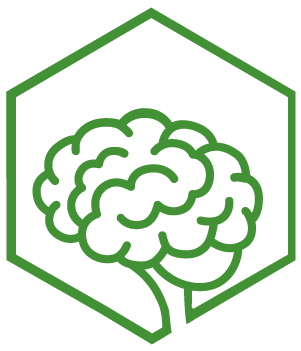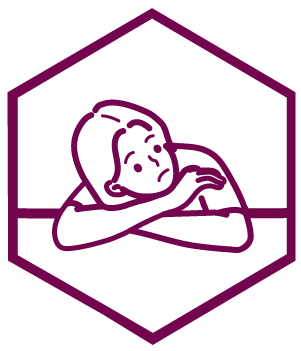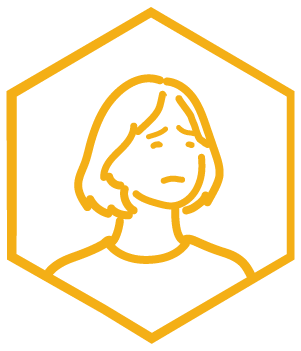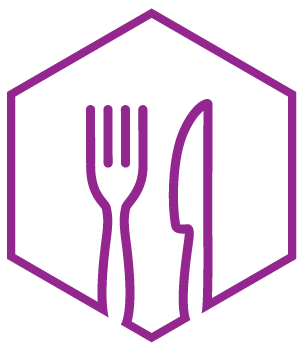Ever wonder why some people respond in the same destructive way over and over, even though they keep getting the same bad results?
Many of us can relate to having unhealthy coping mechanisms and responses to things like stress, fear or other agitating emotional states. Often we are unaware of the subconscious processes going on and we may, for example, instinctively reach for an alcoholic beverage at the end of a long, hard day, never realising we are setting ourselves up for an addictive pattern that may one day claim our health.
Self-destructive behaviours/habits are learned responses to environmental and emotional triggers. You can un-learn these responses and create new ones by building a healthier way of engaging with the world, your emotional landscape, and your workplace family and friends.
Habit formation plays a strong role in triggering. People tend to do the same things in the same way. For example, a person who smokes might always smoke while he or she is driving; therefore, driving could trigger an urge to smoke, often without the smoker’s conscious thought.
Because our responses to triggers usually occur at the subconscious level, and we are completely unaware of the firing and wiring we have created, we are doomed to repeat self-destructive behaviours until we identify our triggers.
Once we know our triggers and begin to recognise them when they happen, we can see them for what they are – over-reactions to a perceived threat. Then we can learn to respond in ways that are more life affirming, useful and healthy for us.











